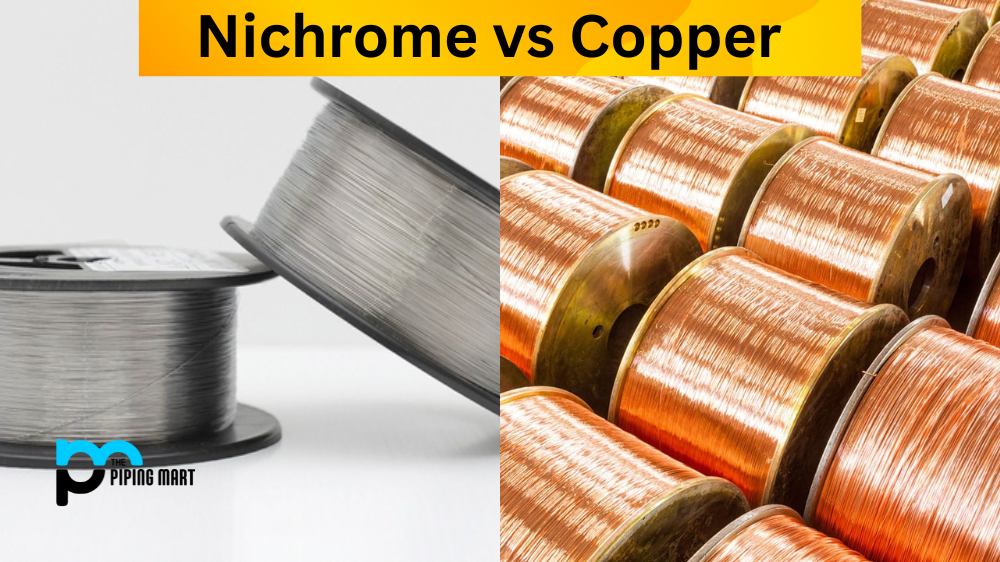Magnesium is an essential mineral used by the body to carry out many important functions. It plays a role in everything from muscle and nerve function to energy production and metabolism. But what types of magnesium are there, and where can you find it? This blog post will cover the different types of magnesium, explain why it’s important, and discuss the best ways to get enough of this essential mineral in your diet.
Types of Magnesium
There are several different types of magnesium available. The most common forms are magnesium chloride, magnesium sulfate (Epsom salts), magnesium citrate, and magnesium oxide. Each type has its own unique properties, benefits, and uses.
Magnesium chloride is commonly used as a dietary supplement because it is easily absorbed by the body. It also helps balance electrolytes in the body. Magnesium sulfate (Epsom salts) is often used as a bath soak or foot scrub because it can help relax muscles and reduce inflammation when applied topically. Magnesium citrate is used primarily as a laxative because it helps relieve constipation by drawing water into the intestines. Finally, magnesium oxide is commonly used as an antacid or as a dietary supplement to help increase calcium absorption in the body.
Magnesium Number
When looking for food sources of magnesium or taking supplements, you may see something called “magnesium number” on the label. This number refers to how much elemental (or pure) magnesium is present in each serving size – for example, 200mg per tablet or capsule – so you know exactly how much you’re getting with each dose!
Is Magnesium Magnetic? No –
Although some metals like iron are magnetic, pure elemental magnesium isn’t magnetic at all! This means that if you drop a magnet near some powdered or granulated pure magnesium, it won’t be attracted to it as other metals would be. However, certain compounds that contain both iron and magnesium may be slightly magnetic due to their iron content.
Magnesium Absorption
The body needs adequate amounts of vitamins and minerals like zinc and vitamin D for proper absorption of dietary minerals like magnesium. Eating foods rich in vitamin D, such as fish, or taking supplements can help boost absorption rates of dietary minerals, including magnesium. Additionally, eating foods high in fiber will slow down absorption rates so that your body can absorb more nutrients over time rather than all at once! Magnesium Finishing When manufacturing products containing metal components, such as electronics or automobile parts made from aluminum or other metals, it may require a process known as “magnesium finishing,” where additional layers of protective coatings are added onto surfaces before they go through final inspection and assembly processes. This allows for better protection against corrosion which can cause damage over time if left untreated!
Conclusion:
In conclusion, there are several different types of magnesium available on the market today with varying degrees of effectiveness depending on your individual needs. Knowing what type works best for you is key when selecting a source for supplementation or when looking for natural sources found in food items such as green leafy vegetables or nuts like almonds or cashews! Additionally, understanding information such as “magnesium number” and whether something is magnetic can also provide useful insights into how it may benefit your health! With proper research and understanding of these topics related to this essential mineral, you’ll be sure to make informed decisions about how best to support your health with adequate amounts of daily intake!

Pipingmart is a B2B portal that specializes in metal, industrial and piping items. Additionally, we share the latest information and information about materials, products and various types of grades to assist businesses that are involved in this business.




